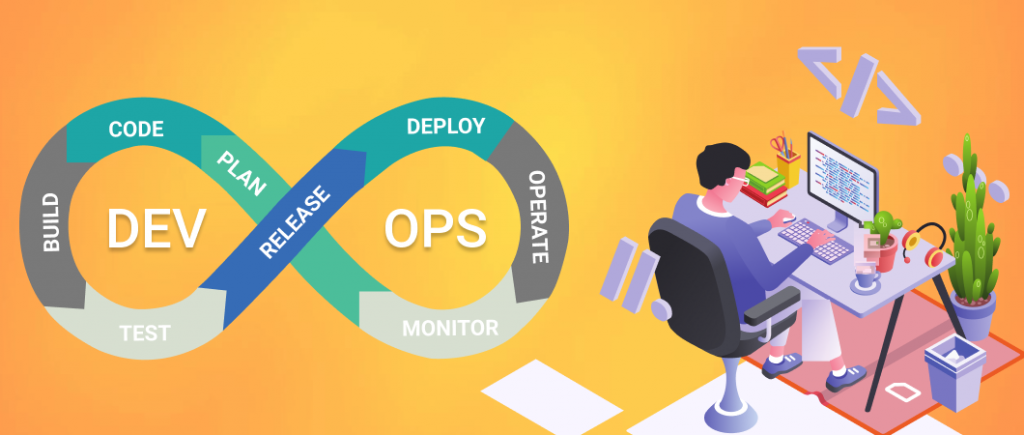Last updated on October 22nd, 2024
The Testing function has undergone many changes in the last few years.
No need to remind the readers that earlier it was a separate phase in the software development lifecycle (remember the SDLC?). Testers worked in their own silos, and their role would begin only after the software was fully developed. They would test the software (mostly) manually, find the errors, and send it back to the developers for fixing. The back and forth between the developers and testers created an adversarial dynamic that would often delay the project.
When organizations adopted the agile methodology, testing became a parallel activity along with development. The SDLC fell into disrepair and testing started coming more central to product development. Combining both the testing and development functionalities started leading to faster delivery of products.
Today, the role of testers in product development has evolved further. Software product organizations have shifted towards the DevOps model. Testing is now an integral part of the DevOps team. It is done at every stage of the software development – right from planning to deploying the software. Here’s how Dan Ashby represented the role of testing in DevOps.

Source: Dan Ashby
As the pace of delivery accelerates and the dependency on testing has increased, it’s clear that organizations can no longer rely on manual testing alone. They have to automate it to match the speed of delivery. This explains why organizations are considering test automation to strengthen DevOps. This helps testing fit into the objectives of continuous integration and continuous development perfectly.
Suggested Read: DevOps Challenges That Can Be Solved By Serverless Computing
What is Test Automation?
For the sake of this post, let’s assume that Test automation focuses on the automation of certain repetitive tasks in the testing process. Contrary to manual testing, test automation does not require human intervention. Once you execute your test cases using an automation script or framework, you can leave it unattended saving time and resources – a perfect reason for using it in DevOps environment that believes in working in small teams and avoiding unnecessary human effort.
Test Automation Considerations In DevOps
You can factor in various types of test automation – unit tests, integration tests, functional tests, performance tests, security tests, etc. However, before getting testing, check if test automation fits the DevOps environment in your organization. Here are a few questions you must ask yourself and your team while considering test automation.
#1 – Will test automation work in the existing DevOps environment?
The DevOps pipeline can vary for every organization. Every organization will have a different pipeline, and every pipeline has its purpose. Test automation must be able to address the scope and purpose of each stage.
#2 – Do you have the right team to perform test automation?
Different types of testing require a different skill set. Test automation requires a certain level of expertise. Check if your team has the expertise to plan and implement test automation. Develop a team that has the experience to do test automation in a DevOps environment. The objective is to ensure that the team can implement the automation without any hassles.
#3 – Do you have the right automation tools?
You will find a variety of test automation tools in the market. Check if you have chosen the right test automation tools. Choose those tools that fit into your development environment and can help you generate better testing outcomes. Also, ensure that these tools can match up when you scale your business in the future. This will help you to save on purchasing new test automation tools every time your business needs change.
#4 – Have you created a test automation framework to deliver value?
Creating a test automation framework can be time-consuming. But having a test automation framework will help you to improve your software delivery. It saves you from rework and identifies defects right at the beginning. Having a framework can also help you save on maintenance costs and allow you to ramp up the speed of creating test cases quickly. You can build the blocks of standard functionalities and reuse them for your future tests.
#5 – Can you analyze test failures and prevent them from repeating?
Sometimes code changes could lead to testing failures. Ensure that your team is adept at quickly identifying the new failures, analyzing them, and finding ways to prevent it from occurring again. Identifying test failures successfully and learning from it is the right way to ensure the success of continuous testing.
Conclusion
Test automation is not just about automating the testing phase; it is about adding value to the entire DevOps process. Without continuous testing, it is impossible to perform continuous integration or continuous development. Continuous testing is the lifeline of DevOps. Continuous testing promises great value but has its own challenges too. For continuous testing to work well, test automation has to work well too. Hence, ensure that you plan your testing automation well. Invest in the right people, right tools, and have a robust automation framework in place. This will help you to perform test automation successfully and build a stronger culture of DevOps in your organization.



